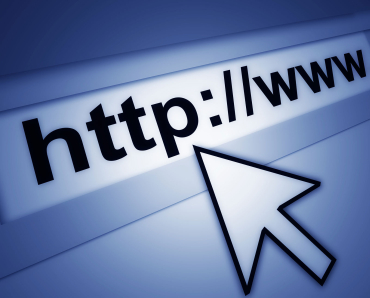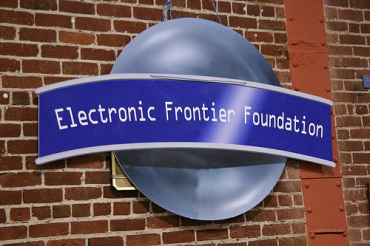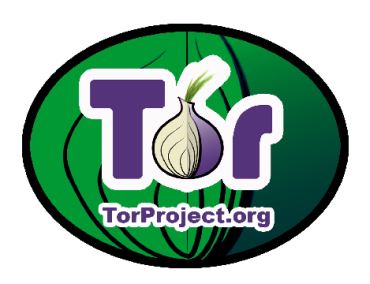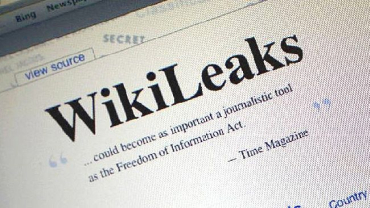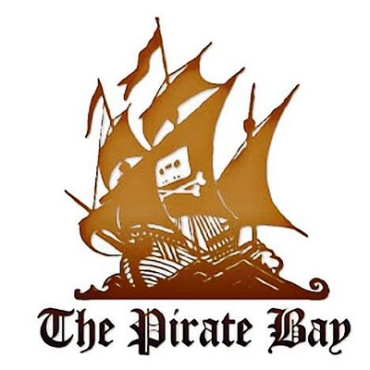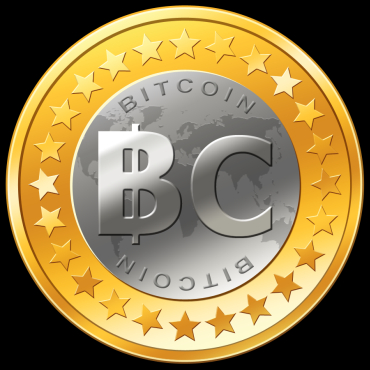 | « Back to article | Print this article |
These entities are shaping and reshaping Internet
Some names associated with the growth of the Internet are familiar to most users, such as Bill Gates, Steve Jobs and Mark Zuckerberg.
But there are other entities that are not household names but are equally, if not more, important because of the kind of work they have been doing.
Let us take a look at some organisation and countries that have changed the online world for better or worse.
Click NEXT to read more . . .
These entities are shaping and reshaping Internet
Electronic Frontier Foundation, a non-profit organization based in the United States, has been spearheading fight to defend free speech, privacy, innovation and consumer rights since its foundation in 1990.
EFF has taken on large organizations, like Sony, governments, like the US, in cases involving such diverse issues as vulnerable software to free speech to mobile tracking.
The organization also fights against legislation aimed at controlling the Internet and battles against corporations trying to exploit online users.
Since its foundation, EFF has emerged as one of the fiercest defenders of open Internet.
Click NEXT to read more...
These entities are shaping and reshaping Internet
No country has done more to provide safeguards to journalists, especially online media, than Iceland. The Icelandic Modern Media Initiative aims to make the country a haven for freedom of information, speech and expression.
It creates a supportive and attractive jurisdiction for the publication of investigative journalism and other threatened online media.
The Initiative, which has already passed the parliament, will not only protect online journalists, but also whistle-blowers and sources but also any communication between the journalist and the source.
Its far reaching measures have won it praise from the media world, especially from those journalists who are in based in countries that have strict media laws or are involved in investigative work.
Click NEXT to read more...
These entities are shaping and reshaping Internet
4chan
4chan, an English-language imageboard website, has been described by British newspaper the Guardian as "lunatic, juvenile... brilliant, ridiculous and alarming".
An American media organization, Gawker, claimed that reading 4chan's board "will melt your brain".
The imageboard, which was started in 2003 in the bedroom of a then-15-year-old student from New York City, does not even require a registration, which means it allows total anonymity, does not keep any archives, so tracing who posted what is nearly impossible, and to top it off, it allows everything and anything to be posted.
The site, especially its notorious random board, has been behind such acts as popularizing Internet memes to hacking to carrying out pranks on high-profile targets.
Although the imageboard, which has been banned twice by Internet providers in the United States, records one of the highest traffics, it is unable to generate advertisements primarily because of its explicit content.
These entities are shaping and reshaping Internet
China has the most sophisticated content-filtering Internet regime in the world. Compared to similar efforts in other countries, Chinese Government effectively filters content by employing multiple methods of regulation and technical controls.
The government censors websites linked to pro-democracy movement, news sites that cover policy brutality or freedom of speech, websites the government deems obscene and most blogging sites.
China's effort to block any content it deems controversial has been copied by many censorship heavy countries around the world.
The technology to censor content has been provided largely by Western companies.
Click NEXT to read more...
These entities are shaping and reshaping Internet
Tor is a network that allows people and groups to maintain privacy and security on the Internet. Tor provides the foundation for a range of applications that allow organizations and individuals to share information over public networks without compromising their privacy.
Individuals use Tor to keep websites from tracking them and their family members, or to connect to news sites, instant messaging services, or the like when these are blocked by their local Internet providers.
Tor's hidden services let users publish web sites and other services without needing to reveal the location of the site. Individuals also use Tor for socially sensitive communication.
Journalists use Tor to communicate more safely with whistleblowers and dissidents. Non-governmental organizations use Tor to allow their workers to connect to their home web site while they are in a foreign country, without notifying everybody nearby that they are working with that organization.
Many dissidents in China, for instance, use Tor to anonymously communicate with the outside world to escape government's prying eyes.
Sites, such as Wikileaks, encourage whistle-blowers to use Tor, as it offers anonymity.
Click NEXT to read more...
These entities are shaping and reshaping Internet
One web site that has single-handedly taken on governments stretching from the United States to Australia is WikiLeaks.
The web site, which was launched in 2006, has lifted the lid on corruption in Kenya, Internet censorship in Australia and, of course, released American embassy cables.
WikiLeaks, which survives on donations, has hundreds of anonymous volunteers, around nine advisors and its editor-in-chief is an Australian activist Julian Assange.
Due to pressure from various governments, especially the United States, and continuous attacks on its web site, WikiLeaks keeps its servers in several countries, including inside a nuclear bunker.
Click NEXT to read more...
These entities are shaping and reshaping Internet
The Pirate Bay
No other web site has been more associated with illegal file-sharing community than The Pirate Bay.
The Swedish web site, which calls itself world's most resilient bittorrent site, and is ranked as the 85th most popular site in the world, has faced numerous threats and lawsuits from corporations, but instead of bowing down the web site has publicly humiliated and ridiculed companies as huge as Microsoft and Sony.
This act of defiance has made the web site a darling to those who are against control and influence of mega-corporations and organizations.
Although the original owners have moved on to other ventures, the web site continues to grow.
Click NEXT to read more...
These entities are shaping and reshaping Internet
Bitcoin
Bitcoin is a digital currency created by Satoshi Nakamoto. The name also refers both to the open source software he designed to make use of the currency and to the peer-to-peer network formed by running that software.
Unlike other digital currencies, Bitcoin avoids central authorities and issuers. Bitcoin uses a distributed database spread across nodes of a peer-to-peer network to journal transactions, and uses digital signatures and proof-of-work to provide basic security functions, such as ensuring that bitcoins can be spent only once per owner and only by the person who owns them.
Bitcoins can be saved on a personal computer in the form of a wallet file or kept with a third party wallet service, and in either case bitcoins can be sent over the Internet to anyone with a Bitcoin address.
The peer-to-peer topology and lack of central administration are features that make it infeasible for any authority (governmental or otherwise) to manipulate the quantity of bitcoins in circulation, thereby mitigating inflation.
